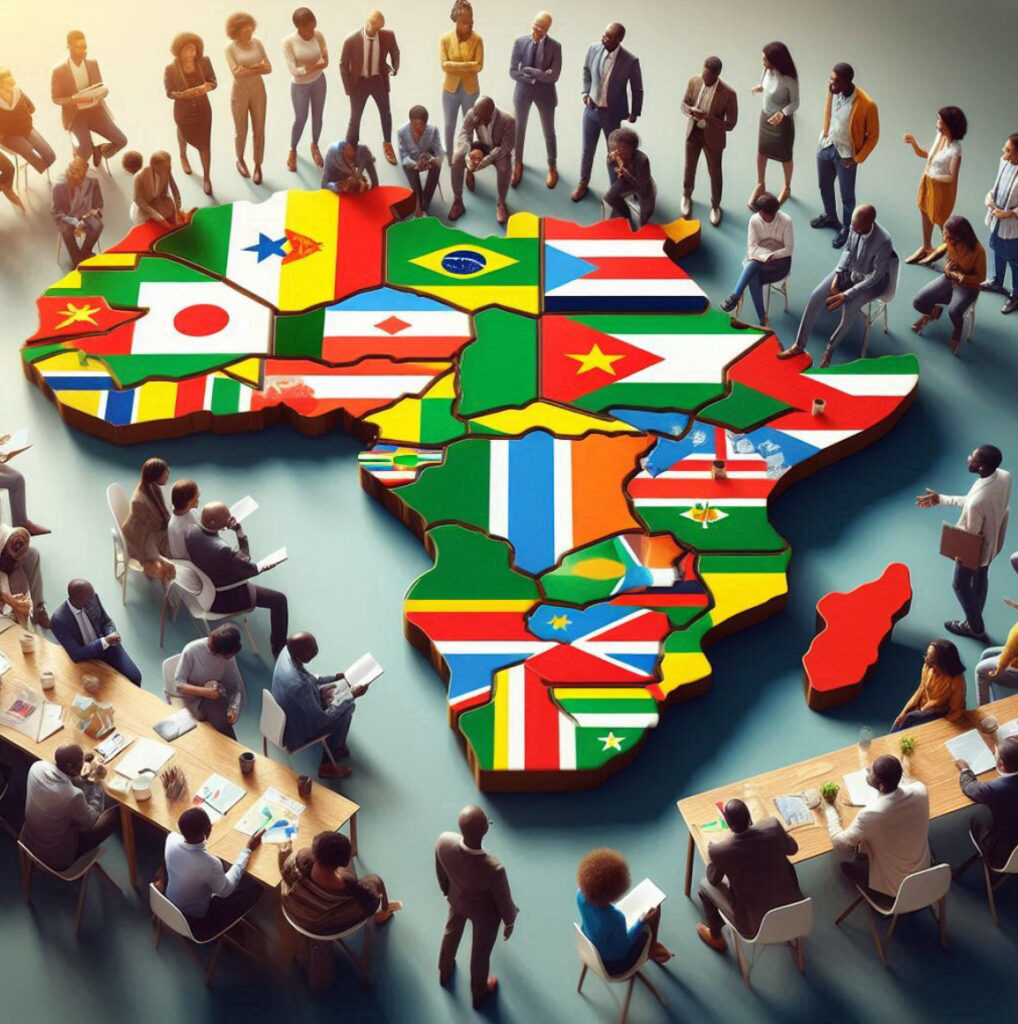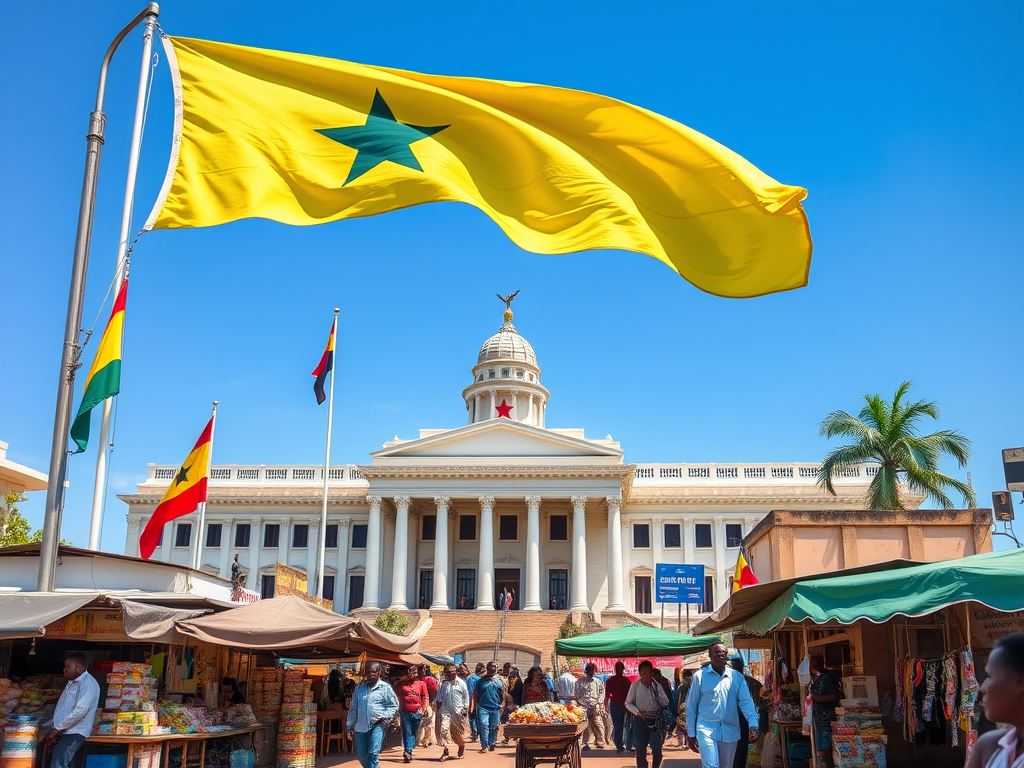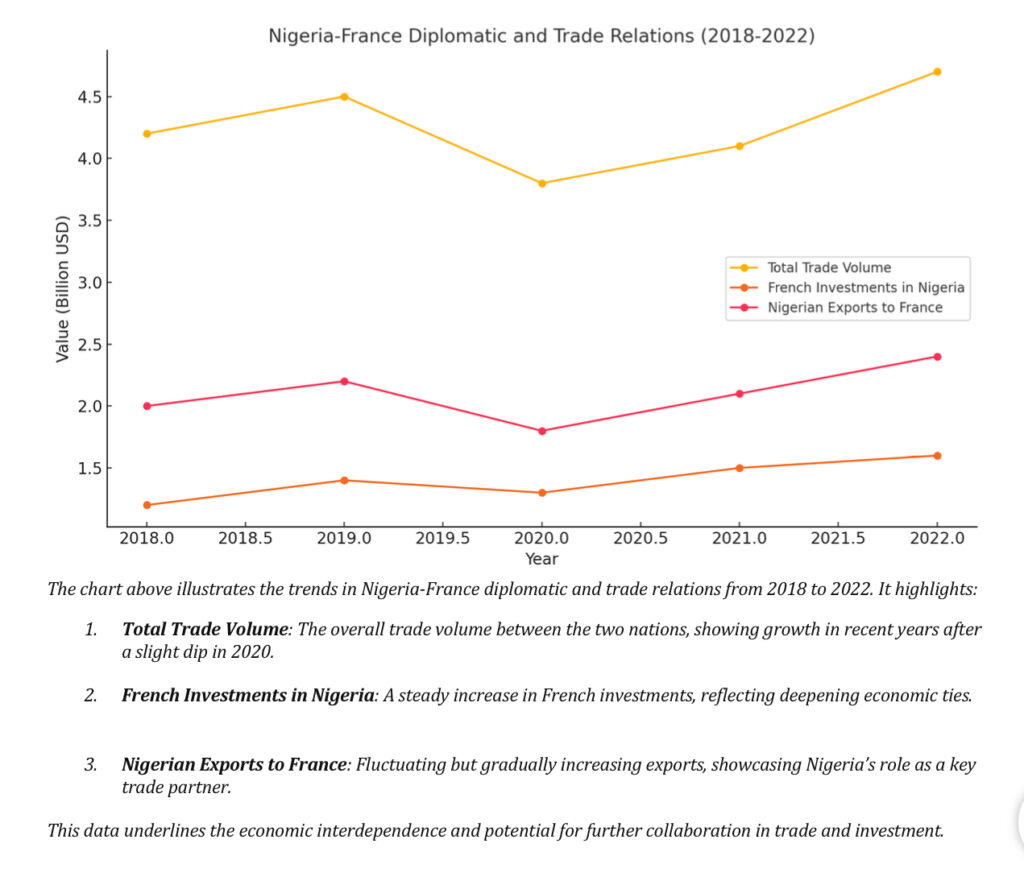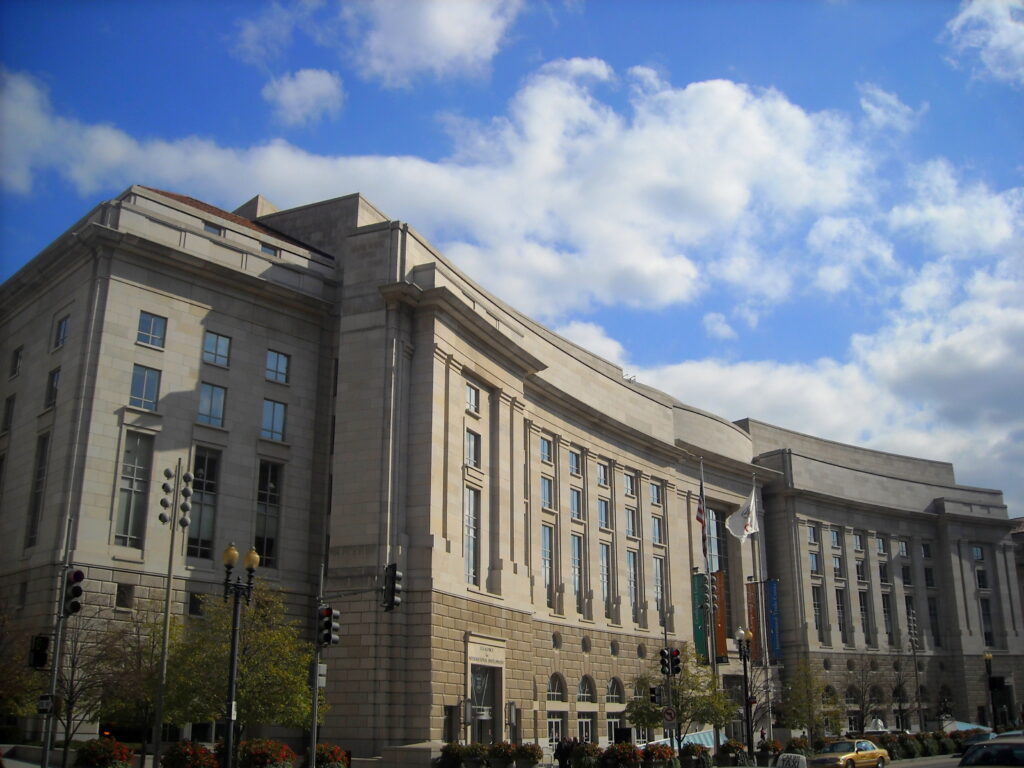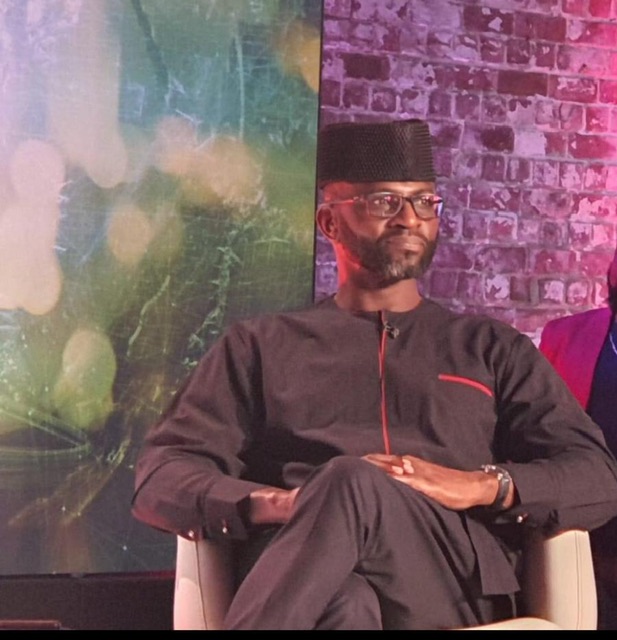The Trump-Zelenskyy Oval Office debacle has led to many unsolicited advice to a desperate Ukrainian President on how he ought to have handled an erratic American President. I laughed at some, got offended, if not angry, at others. Yet some got me thinking. They got me thinking of a few incidents during my time as municipal legislator at Ostend City Council, Belgium. Let me single out two particular incidents.
One was during the first of my three terms. I had just been sworn in. While learning the legislative rope, all buried in piles of briefing notes, books, and handouts, I relied for guidance in the interim, on my sense of right and wrong, my ideological persuasion if you like, and my Green Party political lines, especially the issues on which we were elected. One of the items slated for a vote in one of my early sittings was approval of procedure for employment of ‘Student Vacation Jobbers’ at the department for social welfare in whose board I served at the time.
Asking around, I discovered that the vacant positions were never published by the department. The order of allocation of student job positions was for Councillors to bring in their children. If, as Councillor, we had no school-age children of 16 years or older, we could bring in anyone of our choosing. Next in rank were the staff of the department in order of seniority. If there are any places left after filling these anointed priority places, the Council Chairman will then handpick party royals to favour with the positions.
My immediate reaction was that this must be wrong and that it must stop. I quickly put together a brief interpellation in which I pointed out that I do not feel comfortable giving my teenage son priority over other kids just because I, his dad, happened to be Councillor. Equality of chance presupposes that we should open up the space for all kids irrespective of background. Let the best candidates get the jobs.
If we must favour any group, I argued, then let us prioritise kids from families in poverty or that are facing threats of poverty. We know who they are because their parents are our clients on income support. They lack the network to facilitate getting vacation job for their kids, which we all have in abundance. If we are serious about breaking generational poverty, let us consider spreading our tentacles to directions that will effectively break the poverty circle. I then acknowledged that this procedure has been in place for a very long time and that I do not intend to cause avoidable disruption and administrative bottleneck. I therefore will not vote against but will request that in the course of the year, we must revisit the procedure and abandon the old order.
A couple of days later, a journalist contacted me to say that he had picked the story up from somewhere. The Council Chairman had denied my side of the story, stating that during the entire Council sitting in question, I uttered no word. “As a matter of fact, Councillor Collins Nweke was one of the first to vote in support of the motion”, he declared to the journalist. He detested this cowardly attitude of keeping quiet during proceedings only to open the mouth wide with journalist to tell lies. He went comically further to say that if elections were close by, he would have suggested that I was suffering from early symptoms of election fever.
My teenage son who had applied for a place, became a casualty of the entire episode. He got punished because his dad spoke up. As applicant, rather than posting him to a work post as close to his home as possible, as is the standard practice, he was allocated a student job place as far away from home as possible with basically an impossible public transport connection. But the young man understood and made the best out of that first experience as student worker. On the benefit of hindsight, I would have applied the doctrine of diplomatic ambiguity by abstaining rather than voting for or against. Useful lesson learnt.
Second incident was during my second term. The Mayor pushed for a Bill to reform parts of our policy on the local economy. I felt that a part of the unintended consequences of the proposed Bill will be bankruptcy for businesses owned by a large segment of ethnic minority entrepreneurs. In specific terms, a few business cum residential districts were adjudged to be attracting higher number of corner shops offering ethnic products and night shops. And with that, a perception of insecurity was felt by some local residents who felt that ‘their City’ was being overtaken by migrants. They feel like ‘strangers’ in their homes and all of those social stereotypical sentiments. Others who owned homes in the districts were worried that their properties were being devalued as a consequence of the population shift and mix.
Though I had the economy portfolio as well as equality rights within my caucus and the policy was mine to drive, we have a culture of consensus, preferably or majority carries the vote. To cut long story short, I was more or less alone within my caucus in my opposition against the reform. That is not to say that my party colleagues supported the reform full force, though one of us silently wished for it to pass because he had a property there. The general feeling is more of not ignoring the concerns of voters who may not be racist but feel insecure or vulnerable with the changing demography of our cherished city.
The big question is what do we do? Politically, it will be murderous for us to vote in support of the Bill because we can’t defend it with our core support base. Voting against it, which was my first inclination, was feared to be counterproductive with some of our voters that favoured the Bill. My sense was that most of my colleagues, maybe all, would vote yes if we allowed the notion of voting only your heart. In the end we agreed on kicking in the doctrine of diplomatic ambiguity. The compromise was that we will abstain from voting and will offer no clear explanation for or against. We will do all we can to empower the affected group of the proposed reform with information and administrative support where needed.
These two incidents pulled out of my personal experience in politics are meant to provide a preface to the unsolicited thoughts I equally want to join in proffering on Nigeria’s approach towards the Russia-Ukraine war. I believe that it is the same doctrine of diplomatic ambiguity which I have had reasons to either apply or support a number of times in my political career that I believe Nigeria is deploying in dealing with the Russia-Ukraine war.
The doctrine is a strategic foreign policy approach where a country deliberately avoids taking a clear or definitive stance on a contentious international issue. This doctrine allows states to maintain flexibility, avoid alienating key partners, and retain room for diplomatic maneuvering. By refusing to openly align with any side in a conflict or dispute, a country can maximize its options, protect its interests, and reduce the risk of becoming entangled in the rivalries of larger powers.
Like in basically all things, applying the doctrine comes with some consequences. I can therefore safely imagine that the Minister of Foreign Affairs of Nigeria and his team, must have weighed the pros and cons before stepping in to brief Mr President and recommend Nigeria’s position.
As the largest economy and most populous nation in Africa, Nigeria plays a pivotal role in shaping African responses to global crises. Its foreign policy traditionally balances non-alignment, economic pragmatism, and regional leadership. Historically, Nigeria has positioned itself as part of the Non-Aligned Movement (NAM), avoiding entanglement in distant geopolitical conflicts and great power struggles. Maintaining ambiguity aligns with this tradition and reinforces sovereignty in decision-making, prioritizing domestic economic development, regional stability in West Africa, and preserving ties with all major powers. In the context of the Russia-Ukraine crisis, Nigeria has leaned slightly toward the Western stance, condemning Russian aggression in UN votes but avoiding strident rhetoric or severing ties with Moscow. This in practical terms reflects textbook application of the doctrine of ambiguity.
In the choices that Nigeria makes, it must think of the preservation of its strategic relationships. The country maintains strong economic ties with the West, including investment, aid, trade, and military cooperation, particularly through partnerships with the EU, UK, and US. But in the same vein, it has growing military and energy ties with Russia, including cooperation in areas like oil exploration, arms procurement, and nuclear technology. Being diplomatic ambiguous ensures it does not alienate either side.
There are also gains in economic diversification that Nigeria needs to consider. Its reliance on Western capital markets and development finance institutions like the World Bank and the International Monetary Bank is crucial for the country’s economic recovery and infrastructure investment. The counterbalance here is that Russia’s role in the global oil and gas markets aligns with Nigeria’s interests as an energy exporter. Nigeria benefits when high oil prices, driven by geopolitical uncertainty, bolster government revenues.
The Minister must have also considered the need for flexibility for future alliances in his memo to Mr President. I summise that by not fully committing to either bloc, Nigeria can adapt its position based on how the war evolves and how global power shifts play out, ensuring diplomatic maneuverability.
Timing they say can be everything. With pressing domestic challenges like high youth unemployment and restiveness, security crises up North, spate of kidnappings, and efforts at economic diversification away from oil, of which the Nigerian Export Promotion Council reports over 20% growth in 2024, the Minister may have reasoned that Nigeria benefits from focusing inward rather than spending diplomatic capital on a distant European conflict.
There is also the regional leadership dimension and African consensus to consider. A diplomatic ambiguous position allows Nigeria to play a consensus-building role within the African Union (AU), where member states have differing views on the crisis. The Minister may have felt that Nigeria is better off projecting itself as a unifying force, keeping Africa’s voice independent and cohesive in global forums.
Decisions around positioning a consequential country like Nigeria in an issue of global dimension like the Russia-Ukraine war do not come easy. There are a few risks to consider in applying the Doctrine of Ambiguity. For a start, there is the Western pressure and perception issues to contend with. Nigeria’s relatively soft stance on Russia could be viewed negatively by the EU, UK, and US who expect clearer alignment in defense of international law and territorial sovereignty. Who knows how this could affect Nigeria’s access to Western investment, security partnerships, and climate finance, which are critical for its long-term development agenda? Early indications for instance are that some African countries like Kenya that took a clear pro-West stance have seen increased trade and investment benefits from Western governments looking to reward loyalty. Nigeria faces potential risks of being seen as fence-sitting, forfeiting opportunities to negotiate preferential trade or security deals from either side.
There is the moral and ethical concerns to contend with. Nigeria aspires to moral leadership in Africa, rooted in its history of anti-apartheid activism and peacekeeping leadership. Avoiding a clear stance risks eroding Nigeria’s moral authority on global governance issues.
Not trading carefully can lead to internal political divisions giving Nigeria’s internal political divisions. The country has a complex domestic political environment, with historical ties to both the West and Russia through Cold War-era military cooperation. Internal pro-Russia, pro-Ukraine, and pro-West factions within the government, academia, Diaspora, and media could exploit ambiguity, framing it as indecision, lack of vision, or maybe even ‘stomach infrastructure’ where some Nigerians in the Russian Diaspora are being accused without evidence of acting as paid agents of the Russian Federation to spread propaganda.
One of the most vexing risks that Nigeria faces in taking the route of diplomatic ambiguity is reduced influence in global governance. Its ambition to secure a permanent seat on the UN Security Council or take leadership on major global issues such as development financing or advocacy for Africa on climate adaptation could be undermined if it is seen as unwilling to take clear, principled positions on defining issues like Ukraine.
In the final analysis, there is a balancing act for Nigeria to undertake. Its application of the doctrine of ambiguity in the Russia-Ukraine crisis is pragmatic. It allows the country to preserve vital economic and security relationships while staying true to its non-aligned heritage. However, as a continental leader, Nigeria faces higher expectations to articulate an African perspective on global crises, particularly in light of its aspirations for global leadership. Nigeria could fine-tune its diplomatic ambiguity into a constructive diplomatic neutrality, where it condemns violations of international law such as territorial aggression while also advocating for African interests, including ensuring food security, energy price stability, and non-punitive responses toward African economies impacted by sanctions spillover. This may be a good strategy for Africa’s dominant economy to position itself as a mediator capable of facilitating dialogue between Russia, Ukraine, and global powers, leveraging its status as a respected African power.
ABOUT THE AUTHOR: Collins Nweke is a former Green Councillor at Ostend City Council, Belgium where he served three consecutive terms until December 2024. He is a Fellow of both the Chartered Institute of Public Management of Nigeria and Institute of Management Consultants. He is also a Distinguished Fellow of the International Association of Research Scholars and Administrators, where he serves in its Governing Council. He writes from Brussels, Belgium.
X: @collinsnweke E: admin@collinsnweke.eu W: www.collinsnweke.eu


